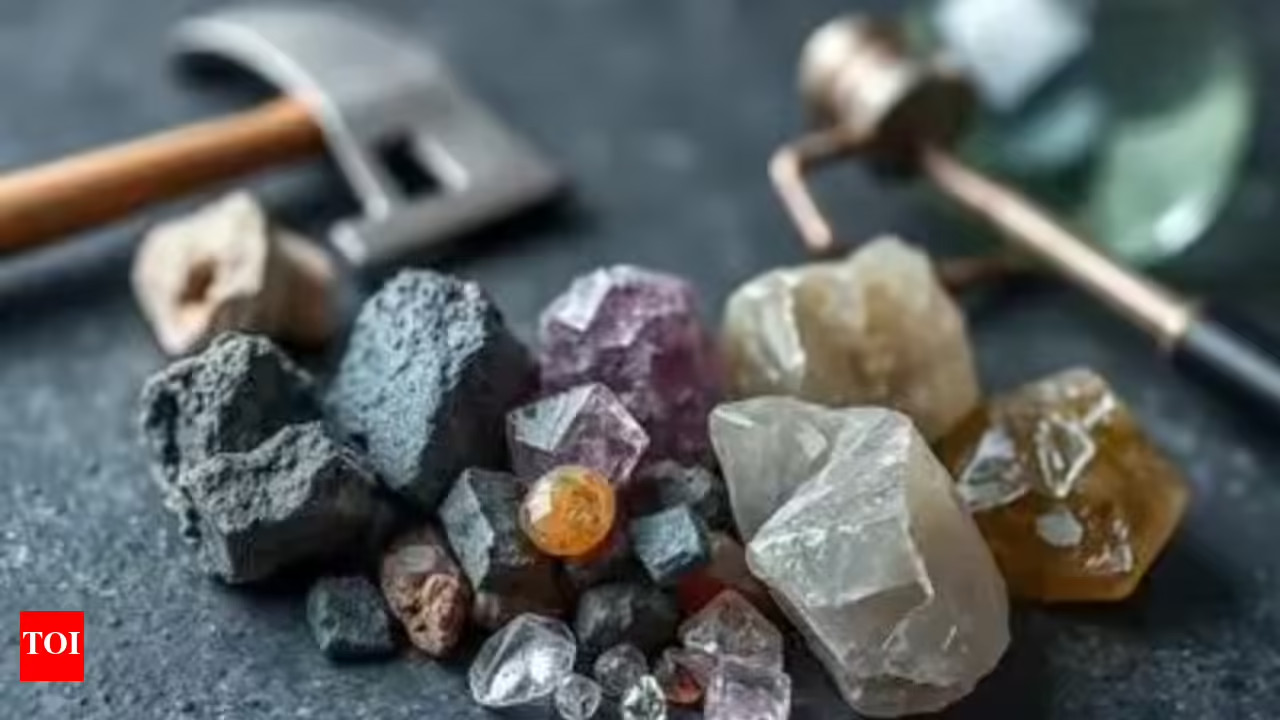India is aggressively pursuing critical minerals for its energy transition. The National Critical Mineral Mission is central to this effort. Khanij Bidesh India Limited is negotiating deals in Zambia and Chile. This follows lithium block acquisitions in Argentina. India has MoUs with Japan, Peru, Australia, and the UAE. Domestic reforms and incentives are also in place.
India’s Global Scramble for Critical Minerals Heats Up
Imagine a world running on empty, not of oil, but of the crucial elements that power our phones, electric cars, and even wind turbines. This isn’t science fiction; it’s the potential reality driving India’s aggressive pursuit of critical minerals on the global stage. Forget subtle diplomacy; India’s playing hardball with a hefty $4 billion investment aimed at securing vital supplies from resource-rich nations like Zambia and Chile.
This isn’t just about bolstering domestic industries; it’s about securing India’s future in a world increasingly reliant on green technologies. The global energy transition, powered by electric vehicles and renewable energy, has sparked a frantic race for resources. Lithium, cobalt, nickel, and rare earth elements – these aren’t just materials; they’re the keys to economic power and technological advancement. And India, determined not to be left behind, is actively forging partnerships and exploring mining opportunities worldwide.
Zambia: A Copper and Cobalt Goldmine
Zambia, a landlocked nation in Southern Africa, is particularly enticing. Its vast copper reserves are well-known, but it’s the country’s significant cobalt deposits that have truly captured India’s attention. Cobalt, a crucial component in lithium-ion batteries, is essential for the booming electric vehicle (EV) market. Securing a stable cobalt supply from Zambia would give Indian manufacturers a significant edge in the global EV race.

While talks are ongoing, the potential benefits for both nations are substantial. Zambia could gain significant foreign investment, boosting its economy and creating jobs. India, on the other hand, gets a crucial foothold in a critical supply chain. It’s a win-win, provided negotiations can navigate the complex geopolitical landscape and ensure responsible mining practices. This potential deal is internally linked with another article about fair trade practices.
Chile: The Lithium Triangle’s Allure
Across the globe, in the heart of South America, lies Chile. Part of the famed “Lithium Triangle,” Chile boasts some of the world’s largest lithium reserves. Lithium, as the name suggests, is indispensable for lithium-ion batteries. With the demand for EVs skyrocketing, access to Chilean lithium is like striking gold in the 21st century.
India’s interest in Chile isn’t new, but the increased investment underscores the urgency of the situation. Direct investments, joint ventures, and long-term supply agreements are all on the table. However, Chile isn’t the only nation vying for access to its lithium riches. Competition from other global players, including China and the United States, is fierce. Navigating this complex competitive environment will be crucial for India’s success.
Why This Matters: Beyond Batteries and Electric Cars
This isn’t just about cars and gadgets. Securing critical minerals is vital for India’s long-term economic and strategic interests. These minerals are the building blocks of modern technology, from renewable energy infrastructure to defense systems. By securing access to these resources, India strengthens its position as a global manufacturing hub and reduces its reliance on potentially unreliable supply chains.
Think about it: a domestic solar panel industry needs consistent access to silicon and other rare earth elements. The production of advanced electronics relies on a steady supply of various specialized minerals. And as India continues to invest in cutting-edge technologies, the demand for these resources will only grow. This strategic push for critical minerals isn’t just about the present; it’s about securing India’s technological and economic future for decades to come.
India’s aggressive push for critical minerals highlights a growing global trend: resource security is the new geopolitical battleground. The nations that control these resources will hold significant sway in the 21st century. India, recognizing this reality, is taking bold steps to secure its place in this new world order.
slug: india-critical-minerals







